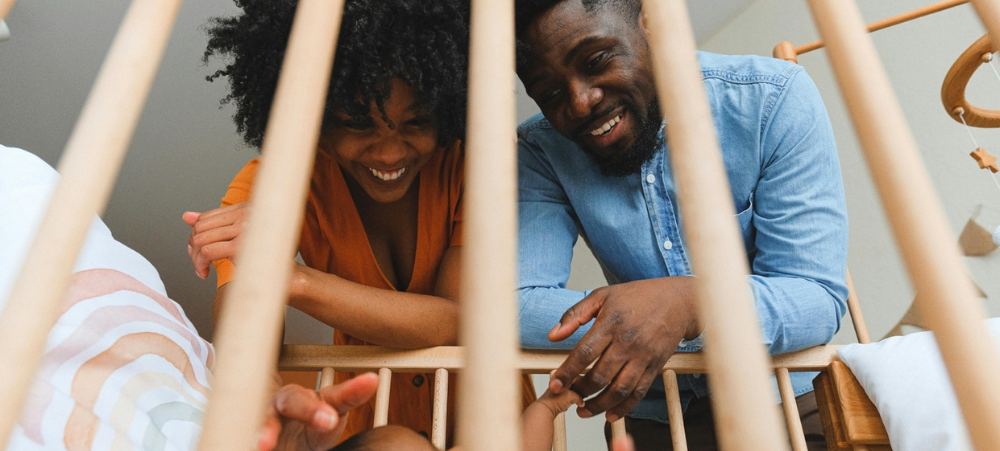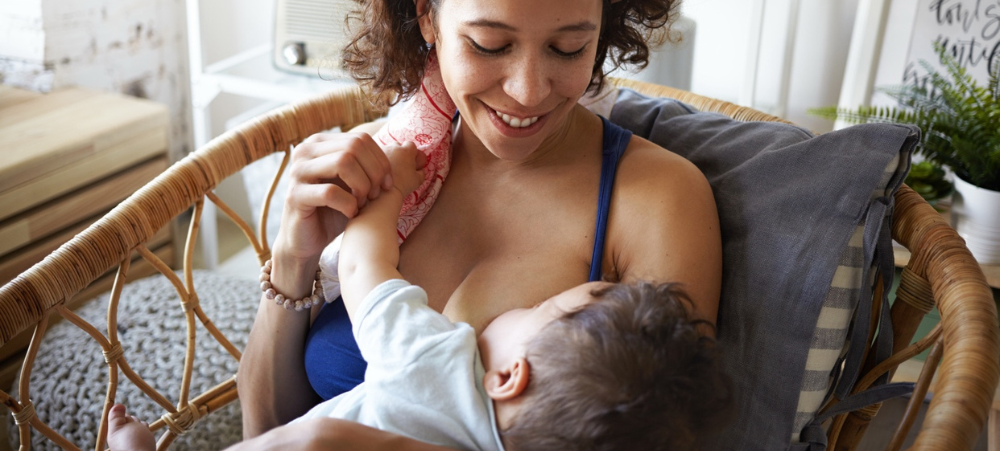The second-hand infant goods market in South Africa is rapidly growing, providing much-needed affordable products and financial relief for families across the country who are struggling with the rising cost of living.
First-time parents in South Africa spend on average upwards of R100,000 a year to raise a child and nursery set-up costs alone surge to more than R5,000. Despite the financial reprieve of purchasing second hand items, Babies R Us advises caution when purchasing some second-hand baby goods as they may have been recalled or are unsafe.
The second-hand infant goods market is estimated to be worth around a billion rand with the primary buyers in South Africa from low-income families. Most purchased second hand items include clothes, toys, furniture, and equipment.
According to a report last year by Mercari in the United States, 62 percent of parents purchased second-hand baby and kid products last year, with 58.7 percent of those surveyed doing so to save money.
“As a retailer we understand parents are always looking for ways to save money when it comes to purchasing baby items, such as clothes, toys, and furniture,” she adds. “Unfortunately, buying some second-hand baby goods can have serious consequences for your child’s safety and health.”
“There are a number of challenges in the second-hand infant goods market,” according to Catherine Jacoby, Marketing Manager at Babies r Us. “The primary being the lack of regulation and meeting safety standards which means it is difficult to ensure the quality and safety of the products.”
She explains that South Africa does not have its own set of safety standards in place to regulate many infant related products, specifically those that are produced locally. “It’s not just about safety standards though, there’s a growing global concern of products being sold in the second-hand market that have been recalled for safety reasons.”
According to a report by Kids in Danger, a non-profit organisation focused on children’s product safety, last year, the United States had the highest number of children’s product recalls since 2013 impacting everything from baby products to kids’ clothes and toys.
Nursery products, items like strollers and baby swings, accounted for over half of the more than 5 million units of children’s products recalled in 2022 alone, the report found.
By way of example she adds, the U.S Consumer Product Safety Commission (CPSC) is currently calling on Meta and a well-respected manufacturer to recall a product being sold on Facebook Marketplace. The item in question has been linked to the deaths of approximately 100 infants which was recalled in 2019 ten years after it had been on the market. It is estimated that there are still over a million still in circulation having not been returned which are now being sold on sites like Facebook Marketplace.
“Every parent wants their baby to be safe, but once the market is flooded with an unsafe product, it’s hard to bring it back,” she says. “Infant products make their way onto second hand sites, they’re in day-cares, at charitable organisations and have even been handed down to family members.”
Jacoby notes however, that although it’s totally fine to buy second-hand for some products like clothes, some toys and even furniture, not every product can be safely bought second hand as some of these items are not subjected to the same safety standards as new items.
“Experts advise that items like car seats, highchairs, strollers and cots should be bought new to ensure they meet the current safety standards and haven’t been recalled, don’t have any peeling paint, chips, or missing parts. “This ensures that the product is safety checked, you are notified if there are any issues with it and you can be assured of the safety of the product,” she explains.
Additionally, Jacoby adds, used baby items may contain bacteria or viruses, which can cause serious illnesses in infants. It is important to clean and inspect them thoroughly before allowing your child to use them.
“Our advice to parents is to research the products you are buying second hand, keep an eye out for great deals on new items and if you’re purchasing second hand items ensure you clean and inspect them properly,” she concludes.
For more information visit: www.babiesrus.co.za
We understand that there are many aspects that encompass a Mother, Father or Child and strive toward providing resources and services that accommodates this.
Our content is aimed to inform and educate families on issues starting from pregnancy through to the challenges of the teen-age years.
- Say Hello to the Ultimate Holiday Brunch Bite - December 17, 2025
- Tiny Toons Looniversity Returns: Meet the Voice Behind Plucky and Hamton! - December 12, 2025
- From Pain to Possibility: Panado®’s New Marketing Campaign, Highlights The Joy Of Pain Relief - December 10, 2025





